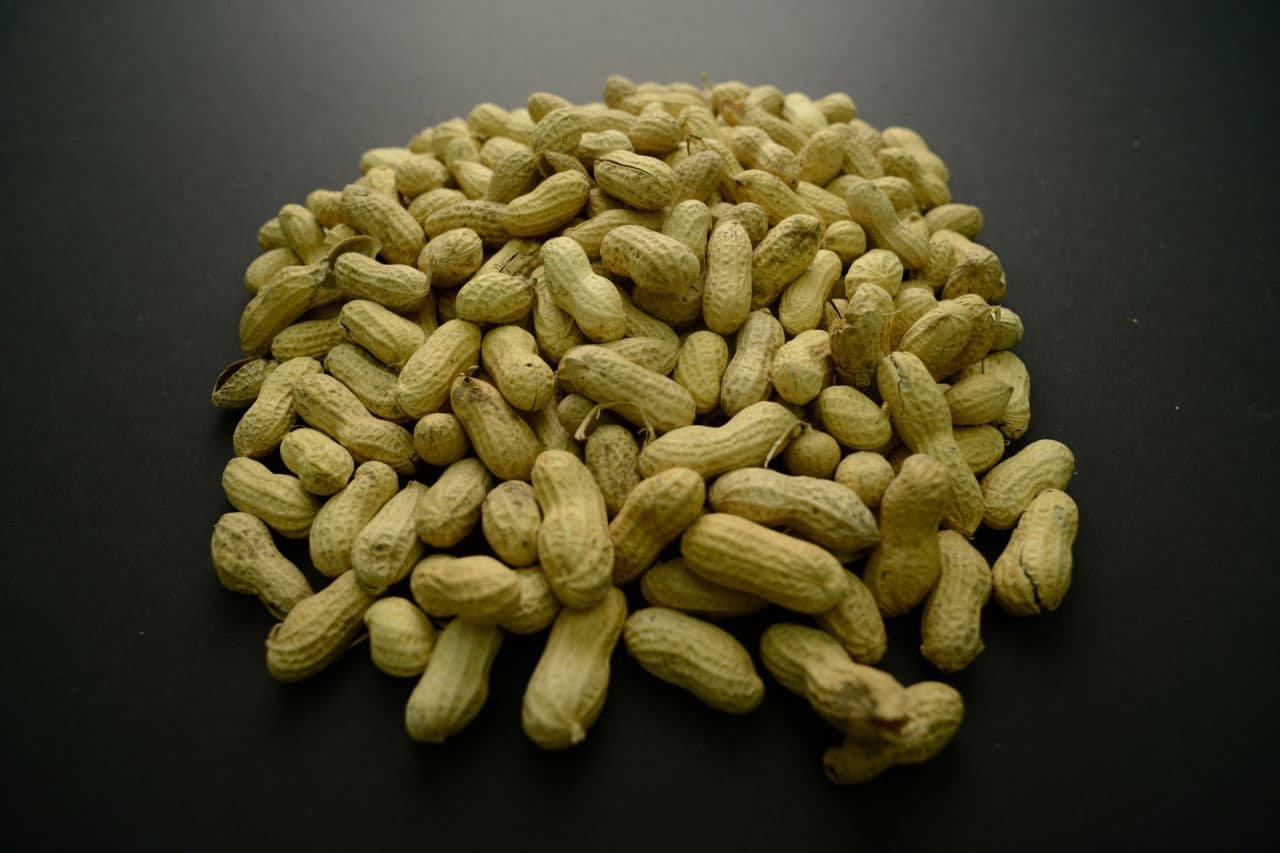Advertisement
Allergy Solutions Take New Forms
ResumeNew breakthroughs on peanut allergies – treatment and prevention. And a question: are we too clean for our own good? Plus: did giant gerbils from Asia really bring the bubonic plague to Europe?

Peanut allergies have exploded in recent years. The bane of many families. A big fear in many schools. And the big message that parents took from the medical community was to keep their young children – babies - away, away, away from peanuts. This week, new research says wait a minute: the opposite may be better advice. At-risk babies given small amounts of peanut product had far fewer peanut allergies. And there’s more on the allergy front — a Swedish study says we may be keeping things too clean for our own good. This hour On Point: everything you need to know about the allergy breakthroughs.
-- Tom Ashbrook
Guests
Dr. Rebecca Gruchalla, professor of internal medicine and pediatrics and director of the Division of Allergy and Immunology at the University of Texas Southwestern Medical Center in Dallas.
Dr. Ruchi Gupta, associate professor of pediatrics at Northwestern University's Feinberg School of Medicine. Attending physician, Ann and Robert H. Lurie Children's Hospital. (@ruchisgupta)
From Tom’s Reading List
New England Journal of Medicine: Randomized Trial of Peanut Consumption in Infants at Risk for Peanut Allergy — "The prevalence of peanut allergy among children in Western countries has doubled in the past 10 years, and peanut allergy is becoming apparent in Africa and Asia. We evaluated strategies of peanut consumption and avoidance to determine which strategy is most effective in preventing the development of peanut allergy in infants at high risk for the allergy."
The Wall Street Journal: About-Face on Preventing Peanut Allergies — "The findings appear to be the most definitive evidence yet to discount the medical community’s longtime recommendation that parents avoid giving peanut products to young children. That practice has failed to stem the growing rate of peanut allergies. Some doctors now suggest that not eating peanuts may actually have helped spur more allergies."
TIME: Why Washing Dishes by Hand May Lead to Fewer Allergies — "Families who hand-wash may also have other lifestyle factors that contribute to a lower allergy risk. The researchers note that overcrowded housing, low socioeconomic status and immigration status can also be linked to fewer allergies, as well as possibly different modes of dish washing."
Did Gerbils Bring The Bubonic Plague?
Nils Christian Stenseth, research professor and chair of the Centre for Ecological and Evolutionary Synthesis at the University of Oslo.
BBC News: 'Gerbils replace rats' as main cause of Black Death — "Black rats may not have been to blame for numerous outbreaks of the bubonic plague across Europe, a study suggests. Scientists believe repeat epidemics of the Black Death, which arrived in Europe in the mid-14th Century, instead trace back to gerbils from Asia."
This program aired on February 26, 2015.